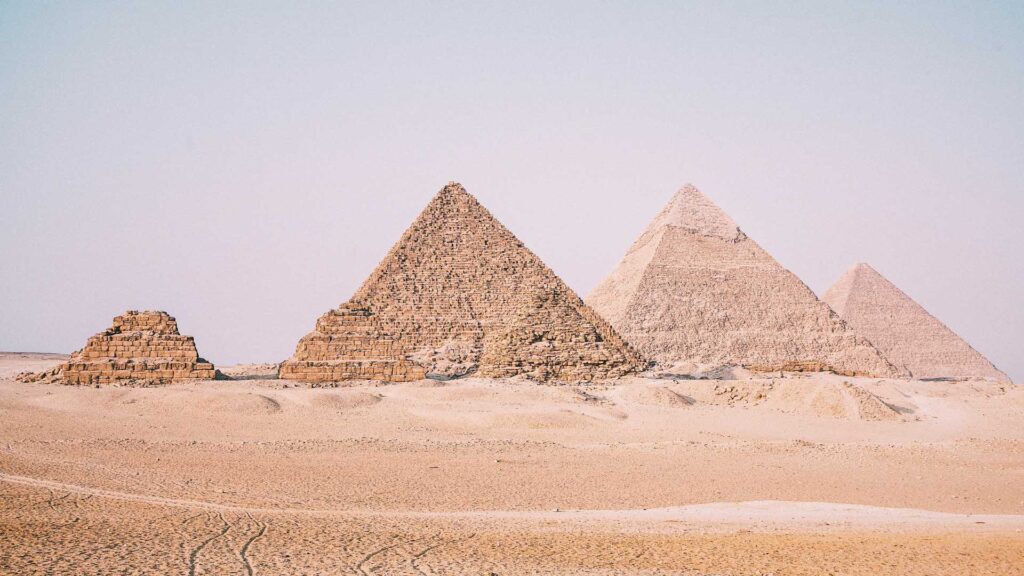
A Sabbath Work Law in Ancient Egypt
As slaves in Egypt, the Israelites were not able to serve or worship God, and this was one reason that He delivered them from slavery. Psalm 105:43-45 says, “He brought forth His people with joy, and His chosen with gladness: and gave them the lands of the heathen: and they inherited the labor of the people; that they might observe His statutes, and keep His laws.” This passage makes it clear that the Israelites were unable to observe the seventh-day Sabbath as slaves in Egypt. Before Israel’s deliverance, Moses and Aaron attempted reforms and encouraged the Israelites to worship God (Exodus 4:29-31). This worship apparently included observance of the Sabbath rest, because in Exodus 5:5 Pharaoh angrily says to Moses and Aaron that they made the people “rest from their burdens.” That same day Pharaoh increased the burdens of the Israelites and required them to collect their own straw while making the same number of bricks. This increased oppression almost certainly included a prohibition from resting on the seventh-day Sabbath.





